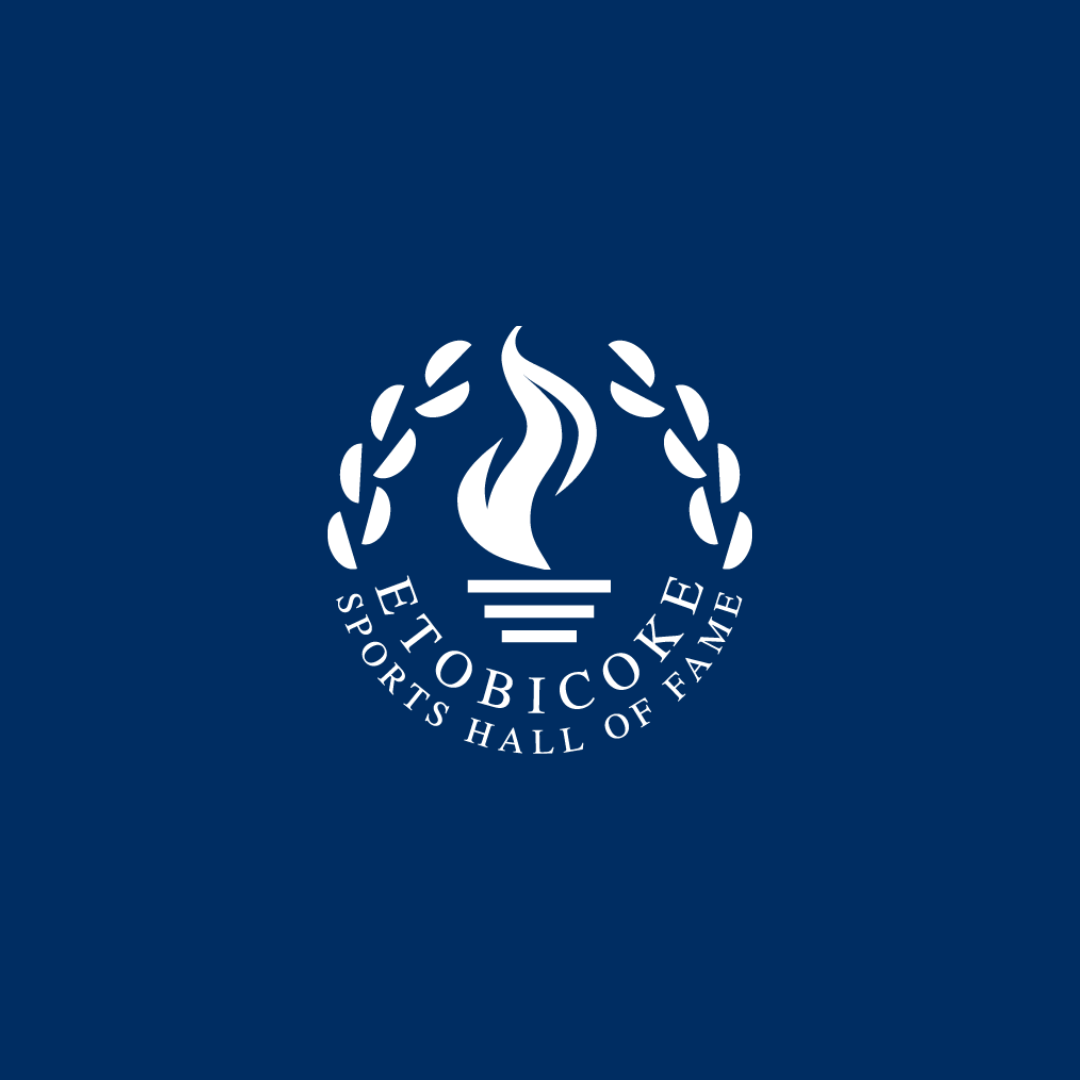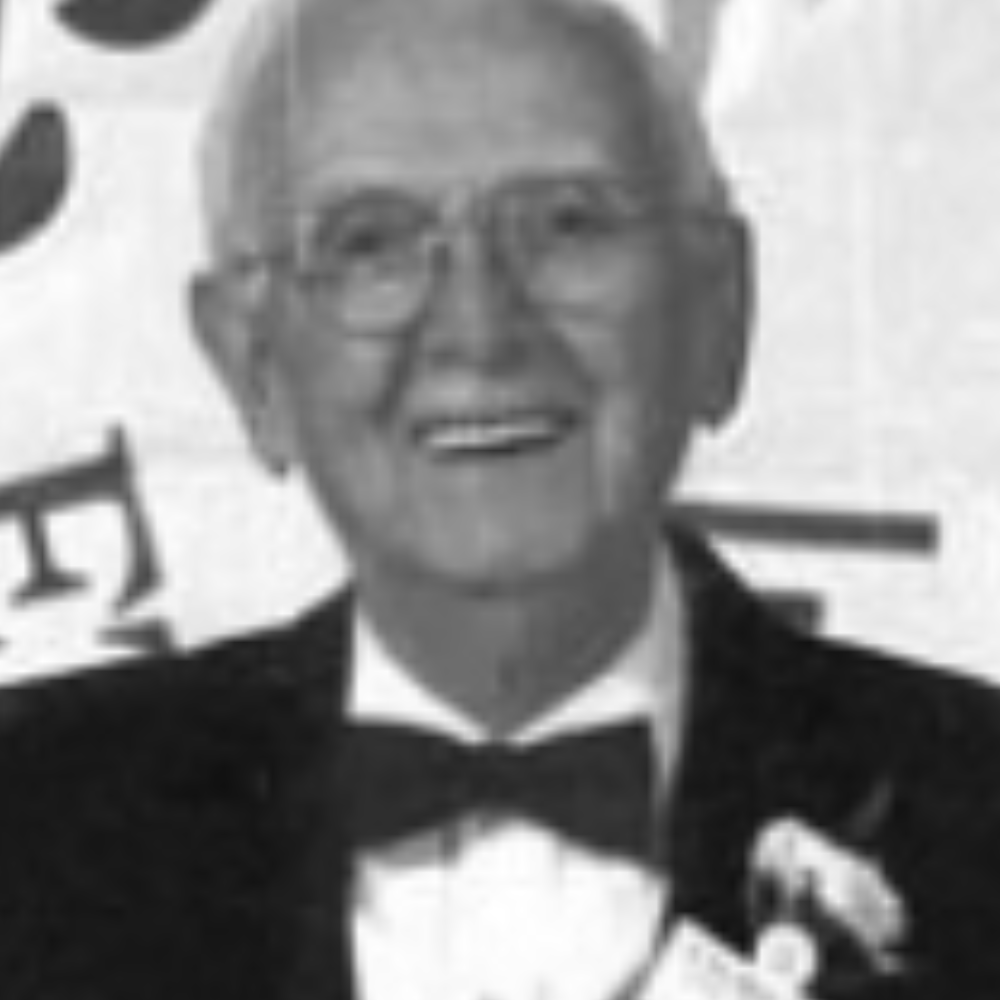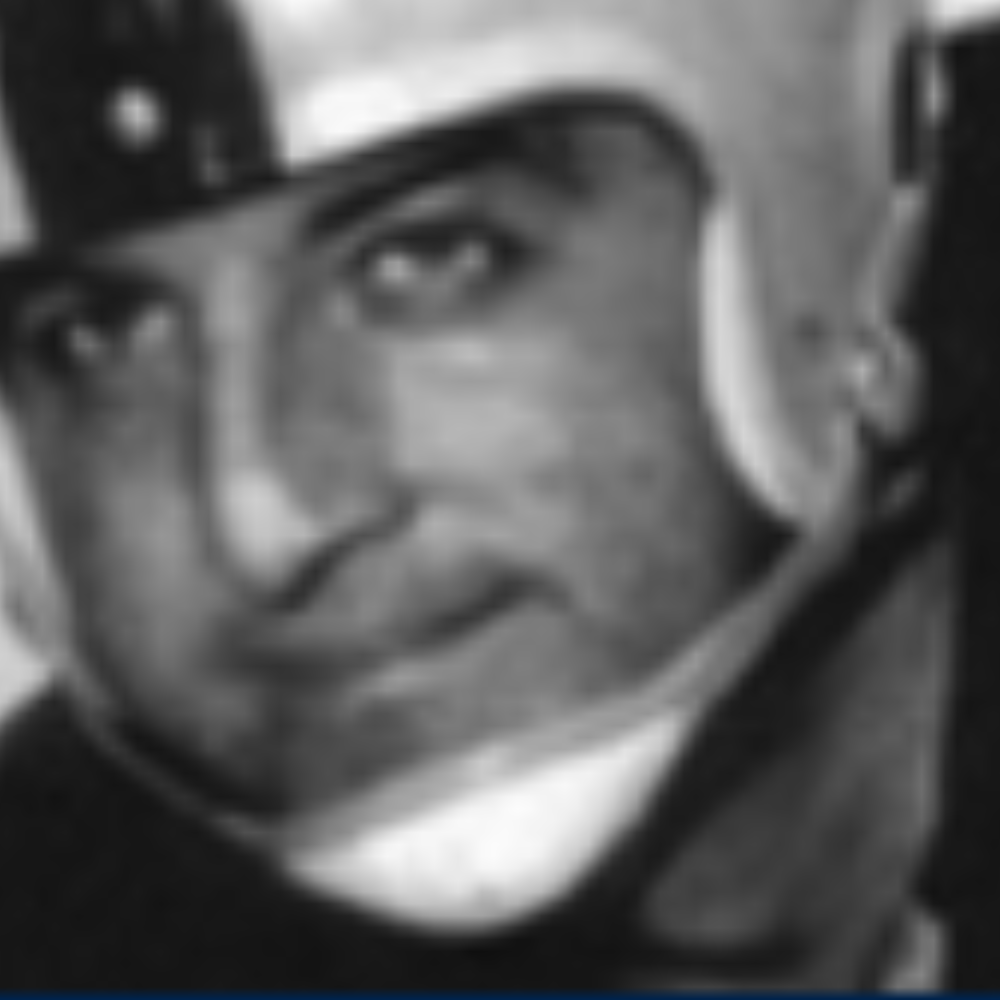Alvin Hasa
Alvin Hasa, a Grade 12 student at Michael Power Saint Joseph High School, is a standout in both academics and athletics.
His journey to athletic prominence began in 2017 when he joined the Etobicoke Youth Soccer Club, excelling as a striker, and later pursuing Football, where he not only earned a starting position but also captained his team to the TDCAA championship game. His stellar performance garnered recognition from the Football Toronto Association, as well as an offer to play for the York University Lions.
Alvin’s dedication and leadership are evident on and off the field as he continues to pursue excellence and inspire others with his determination and resilience.










